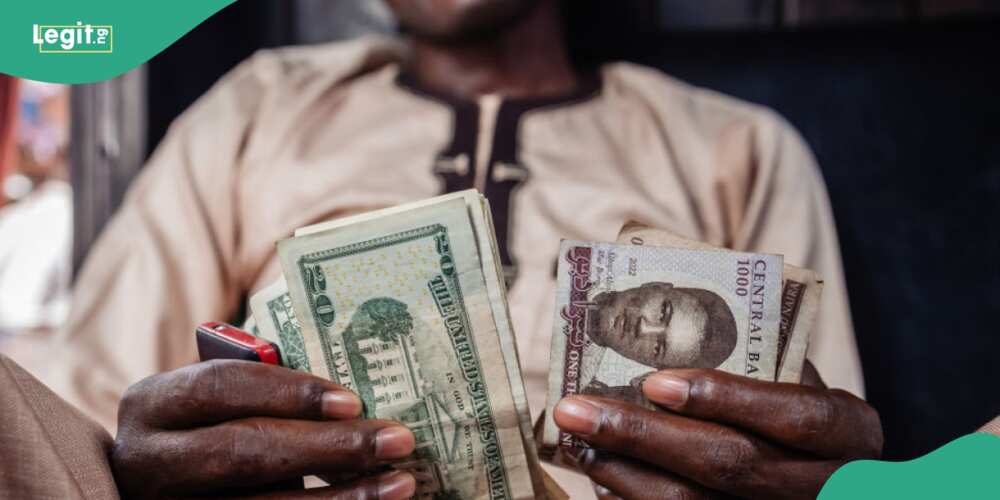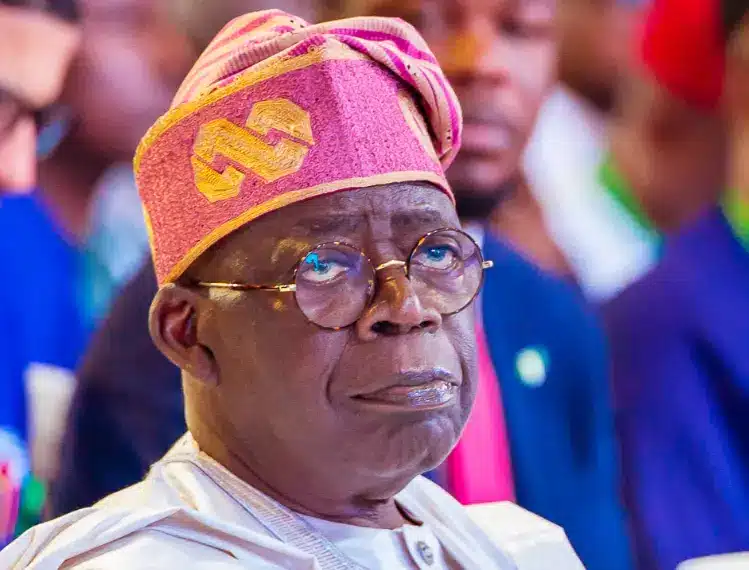- The Nigerian currency continued its depreciation against the US dollar in the foreign exchange market.
- The latest exchange rate data showed that the Nigerian currency fell in both the official and unofficial markets.
- The Central Bank of Nigeria is expected to provide more liquidity in the market as foreign reserves rise
Legit.ng journalist Dave Ibemere has over a decade of business journalism experience with in-depth knowledge of the Nigerian economy, stocks, and general market trends.
The Nigerian currency has recorded another loss against the US dollar in all foreign exchange markets.
Data from FMDQ securities shows that the naira crashed to N1485.36 on Thursday, June 20, 2024, on the official Nigerian Autonomous Foreign Exchange Market (NAFEM).
 Naira's continues to fall in all FX markets
Photo credit: Bloomberg/contributor
Naira's continues to fall in all FX markets
Photo credit: Bloomberg/contributorSource: Getty Images
The closing rate on Thursday represents a 0.22% or N3.34 depreciation of the naira's compared to the previous day's closing rate of N1,482.02
The pressure on the naira was clearly evident, as during intraday trading at the NAFEM window, some participants paid as high as N1,495 to purchase a dollar and the lowest rate during trading was N1,434.08.
The total forex transactions on Thursday, June 20 stood at $176.20 million.
Naira performance
The CBN data also showed that the naira lost N13.57 against British pound sterling to sell for N1,884.09/£1 compared with midweek’s closing price of N1,870.52/£1.
The naira also depreciated by N15.05 against the Euro to quote at N1,591.24/€1 versus the previous day’s N1,576.19/€1.
In the black market, the Nigerian currency suffered a N5 loss against the US Dollar on Thursday to settle at N1,490/$1 compared with Wednesday’s exchange rate of N1,485/$1.
CBN issues new directives on street trading
Legit.ng previously reported that the CBN banned street trading of foreign currencies by Bureau de Change (BDC) operators, citing the need to regulate the foreign exchange market properly.
CBN's director of risk management, Blaise Ijebor, said street trading of foreign currencies is not allowed as the apex bank does not want BDCs under trees.
He said the traders should be in offices where customers can come in and change their currencies.
Source: Legit.ng
















 English (US) ·
English (US) ·